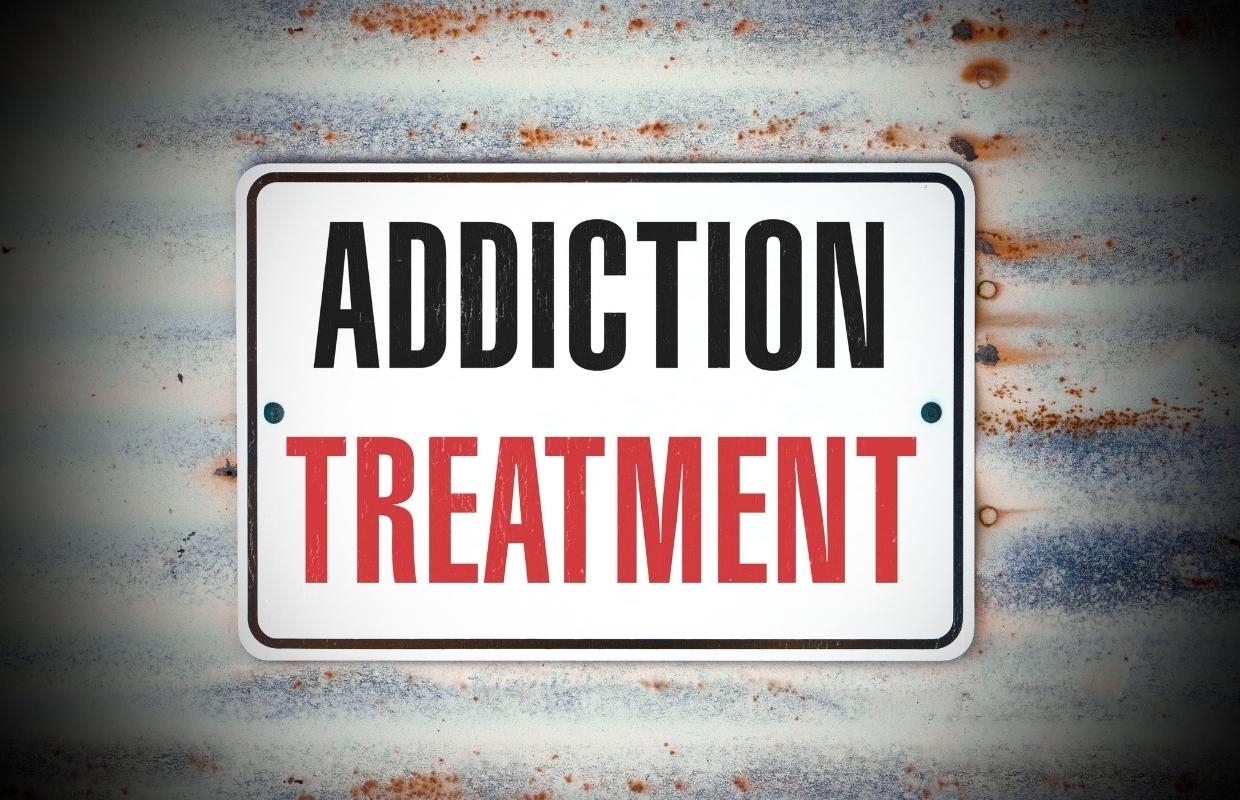Key Kind Of Dependency Therapy: Navigating Alcohol Addiction Recuperation Through Evidence-Based Practices
In the world of alcohol dependency healing, the integration of Cognitive-Behavioral Treatments (CBT) and Medication-Assisted Therapy (FLOOR COVERING) notes an essential stride in the direction of efficacy and patient-centered treatment. When these evidence-based practices are supplemented with alternative techniques, such as mindfulness and nutritional support, they create a durable framework for therapy.

Recognizing Cognitive-Behavioral Treatments in Alcohol Addiction Recuperation
As alcohol addiction recuperation develops, cognitive-behavioral treatments (CBT) have emerged as a foundation in effective treatment approaches. meth addiction treatment. Treatment concentrates on identifying these unfavorable patterns and training people how to challenge and change them with more constructive reasoning. The versatile nature of CBT allows it to be customized to the distinct demands of each individual, enhancing its effectiveness in the realm of alcohol healing.

The Duty of Medication-Assisted Treatment in Managing Withdrawal and Desires
Medication-assisted treatment (FLOOR COVERING) plays a crucial role in the monitoring of withdrawal symptoms and cravings in individuals recovering from alcohol dependency. alcohol addiction treatment. Such assimilation supports the retention in treatment programs and contributes considerably to avoiding relapse, marking original site Floor covering as a keystone of efficient alcohol dependency treatment.

Incorporating Alternative Strategies With Conventional Treatments for Comprehensive Care
While medication-assisted treatment gives a foundational approach to alcohol healing, incorporating all natural methods with standard therapies uses an extra thorough care version. By Our site integrating these diverse techniques, treatment programs can customize interventions to private requirements, promoting a much more sustainable recovery. This integrated technique emphasizes the significance of a multifaceted method in the efficient treatment of alcohol view addiction.
Conclusion
Finally, effective alcohol dependency recuperation leverages a combination of evidence-based techniques. Cognitive-Behavioral Treatments reframe unfavorable reasoning, while Medication-Assisted Therapy deals with the physical challenges of withdrawal and food cravings. Incorporating holistic techniques, such as mindfulness and proper nourishment, with conventional therapies ensures an extensive care approach. Customized to private requirements and sustained gradually, these methods collectively enhance the probability of sustained sobriety and total wellness in recovering people. Medication-Assisted Treatment.